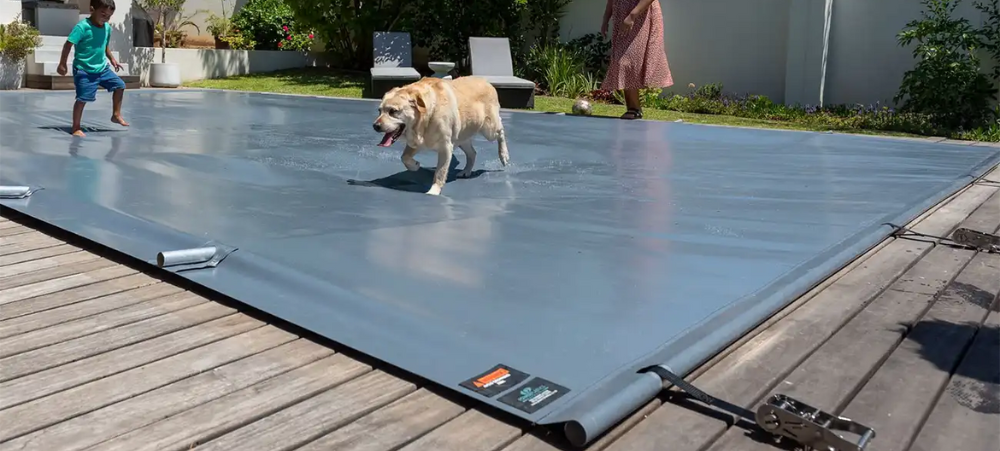A common reaction to seeing your child behave in a manner you do not agree with is to reprimand them. It often ends up leading to a more-than-once conversation. However, there is a much more successful solution.
Kindness….
When you react in a calm manner, you are leaving room to teach and have a conversation of understanding. I would suggest explaining to them, not just that what they are doing is not okay, but to create an environment where you take the opportunity to teach them why it’s not acceptable. Once you have explained this to them, demonstrate what you would like them to do instead. Children grow up mimicking their parents, so if you’re able to show them how to take care of something and why it was wrong in the first place, you should have a positive outcome.
Another solution is to teach them to treat their things like their friends. If they would not hit and hurt their friends or the people they love, they should not do it to the things they love.
Whether it is dishes, toys, or clothes. They should be taught to treat them like they would a person, with respect and kindness. This will continue on and develop by teaching them to take care of people. Although, I would not encourage a mix up in teaching them to treat people like objects. And again, I would recommend showing them how to take care of their things. I would also advise to speak about the toy or object as if it had human emotions.
For a child, a big part of learning is through actions. Opening more opportunities for them to interact with their things or even your things helps develop a sense of responsibility. Allow your children to help you with whatever you have decided to take care of. Not only when they are teens, but I suggest starting all these steps from a young age. Allowing them to do something by themselves is an excellent and small way to encourage their growth in responsibility. I would not suggest enforcing this, but more so encouraging their them to take this step.
Not only does teaching your child to be kind to their things is a good way to achieve this responsibility, but teaching them how to clean up or even clean their things is a great skill to achieve this goal, too. After an activity is completed, encouraging tidying up helps teach the children that once things are put away, it is then ready for when they decide to play with it again. This can be achieved by creating and organised routine. For example, establishing a toy policy is a helpful way to create an organised environment or space to put their toys. To practice daily consistency can aid in this routine.
I would encourage not to use labels. Labels or name calling such as; lazy, forgetful, irresponsible — discourages your child to be responsible and in turn, creates a negative environment. Instead, take a view steps back to kindness and creating understanding for them to grow in a positive environment. When your child is acting out kindness on their own, acknowledge what they are doing. Acknowledgement and praise will encourage them to continue what they were doing and to repeat their kindness in the future.
I’d like to point out that praise and acknowledgement should not involve rewards or be based off of them.
This concept will teach children to act out of kindness in turn for something. Many children lose understanding when rewards are given, in turn, creating fuss and bad behaviour. Teaching your child this will also include them feeling entitled or owed something, leaving them to forget the bigger picture behind your life lesson.
Without reprimanding or creating a discouraging space, if your child is not responding well to what you have explained to them, create consequences for when your child does not take care of things within the home. Some children need a little more help than others when it comes to taking care of things. I suggest to continue with the kindness, the acknowledgement, the honest explanations of why things are to be done in a certain way. Consequences discourages them from their bad behaviour, but your behaviour will encourage them to better how things are to be treated. Now, if you think a potential issue will occur, speak to them about their consequences. Have another honest conversation as to why you would be giving them these consequences. Once you have had this conversation, and it still continues then only proceed with the consequences that you had discussed with them. Keep in mind to be patient because with everything good, comes practice.
Another very important thing to discuss is the importance of self-love and how it works hand-in-hand with treating their things and people with kindness. When children practice this, they are able to learn and understand their physical and personal needs, leading them to be able to give and take care of all things and people around them. This too will take time, however, if you are open to self love from early on in their lives, they are able to develop everything I have previously mentioned, respect for themselves and their things, and many more benefits going further.
- How to teach your child to take care of the things they love - February 24, 2022
- 10 Ways to celebrate Valentines Day - February 8, 2022






1 thought on “How to teach your child to take care of the things they love”
You know you make some very valid points and I admittedly am short on patience. My girl is 10years old now and it feels like I’ve to remind her every day. It becomes frustrating and she becomes stubborn. Looks like I may need to go a new route!